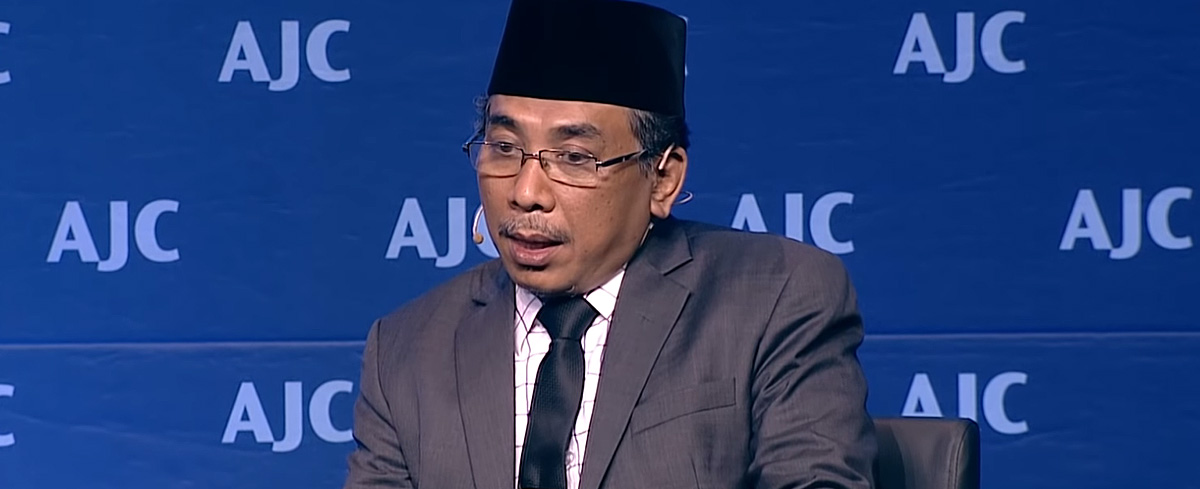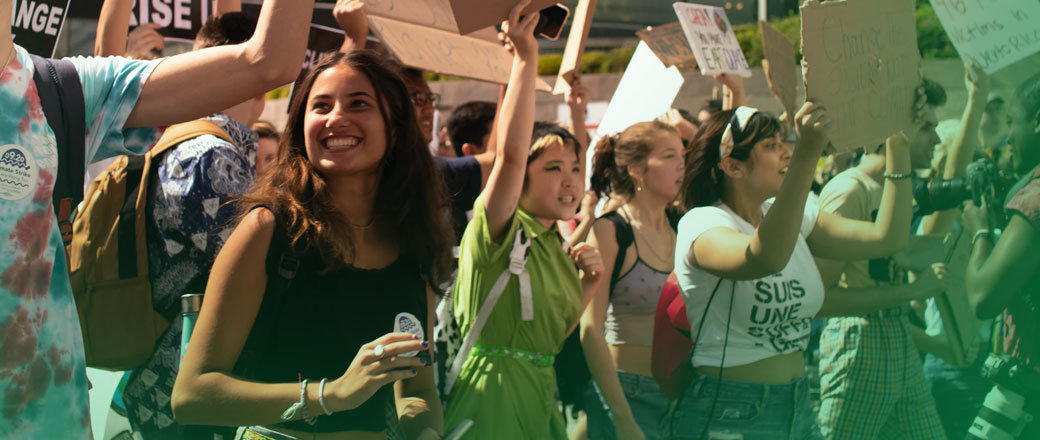French police will be granted the power to spy on citizens by accessing their smartphone cameras and activating device microphones, according to a justice reform bill agreed on by lawmakers last Wednesday.
French news outlet Le Monde reported that while the bill only applies to suspects in crimes that are punishable by a minimum of five years in jail, the move has been widely condemned as a heavy-handed authoritarian “snoopers” charter.
Authorities will also be granted access to a suspect’s geolocation through their smartphone or other devices.
French digital rights advocacy group La Quadrature du Net explained, “For organized crime, the police can have access to the sound and image of a device. This concerns any connected device: telephone, speaker microphone, computer camera, computer system of a car. All without the knowledge of the persons concerned.”
The group warned the legislation raises “serious concerns over infringements of fundamental liberties, [and violates] the right to security, right to a private life and to private correspondence… and the right to come and go freely.”
Critics of the bill have condemned the move, likening the powers to George Orwell’s novel, 1984, which saw citizens under constant surveillance under the guise of public protection.
Minister of Justice, Eric Dupond-Moretti, said the bill was far from Orwellian, arguing that it will only affect a few dozen cases per year, claiming “people’s lives will be saved” as a result.
The bill has again highlighted a disturbing trend in the Western world that’s seen powers abandon once-valued risky freedom for what’s introduced as safe slavery.
Hard fought for liberties are usually incrementally dissolved under the guise of the citizen’s best interest and the security of the nation, and often in response to the problems the powers themselves have imported.
We’ve witnessed this mentality in full effect in recent years. Citizens have been tracked and traced, monitored and watched all under the pretense of public health and safety.
Those who raised any concerns about preserving privacy and freedom were not only condemned by the powers but by everyday citizens who were more than willing to report friends, family, and neighbours should they show any signs of acting like free people.
The Western world needs to think long and hard about its current trajectory. U.S. President Ronald Reagan warned that government powers have an “inborn tendency to grow. And left to itself, it will grow beyond the control of the people.
“Only constant complaint by the people will inhibit its growth,” he said.
So, what might be in store for future generations if we continue to pursue intrusive “safety” over freedom? Orwell gives us a disturbing glimpse:
“There was of course no way of knowing whether you were being watched at any given moment. How often, or on what system, the Thought Police plugged in on any individual wire was guesswork. It was even conceivable that they watched everybody all the time. But at any rate they could plug in your wire whenever they wanted to. You had to live-did live, from habit that became instinct-in the assumption that every sound you made was overheard, and, except in darkness, every movement scrutinized…
“Always eyes watching you and the voice enveloping you. Asleep or awake, indoors or out of doors, in the bath or bed–no escape. Nothing was your own except the few cubic centimetres in your skull.”
Worth it?



















